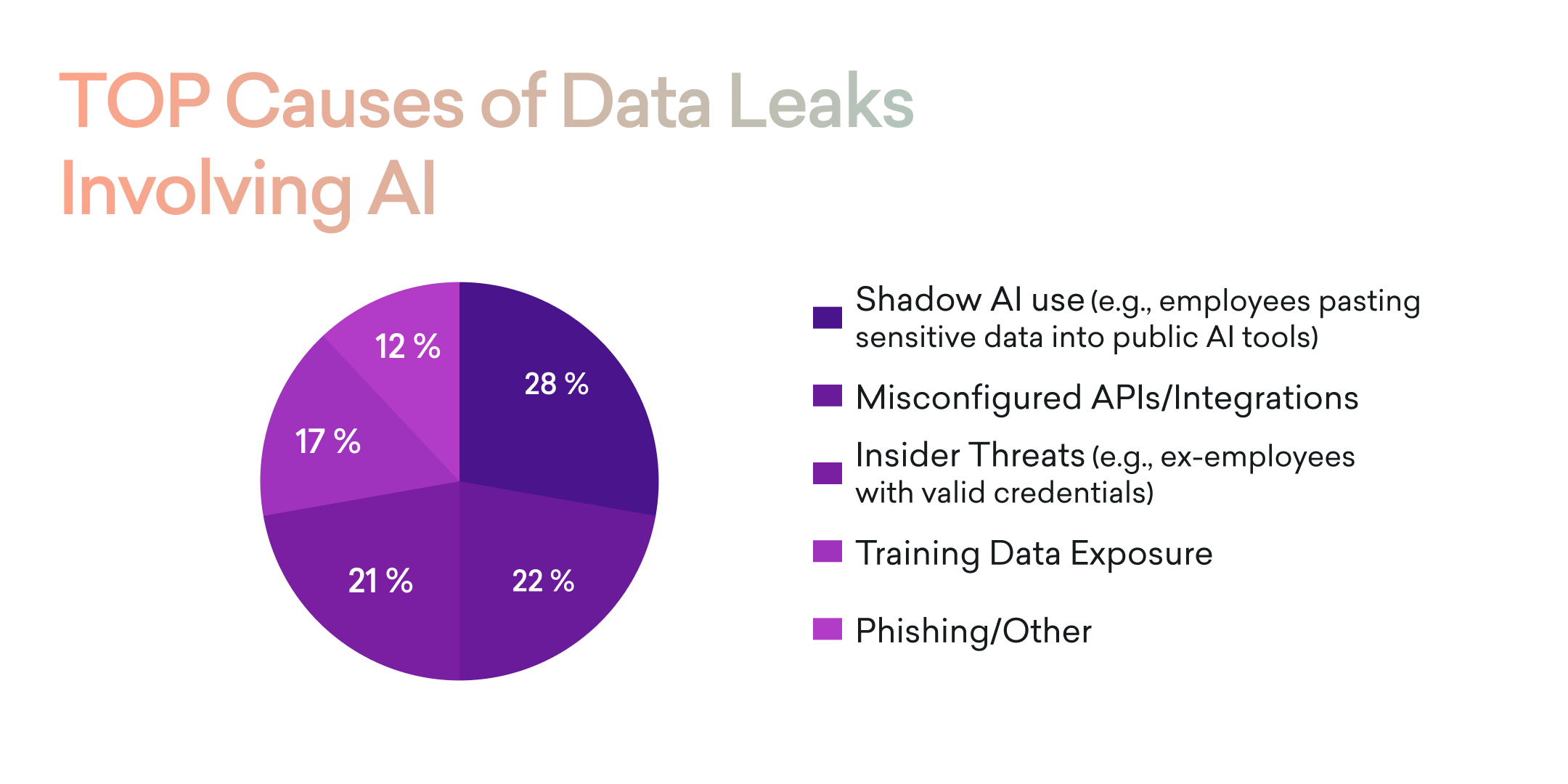With the cryptocurrency market expanding, governments and financial authorities worldwide are stepping up their efforts to regulate this dynamic and innovative domain. In Europe, the rise of crypto assets has prompted the establishment of a comprehensive regulatory framework, and a vital component of this framework is the Transfer of Funds Regulation (TRF).
Basics of the Transfer of Funds Regulation
For businesses operating in the crypto space, understanding and complying with TRF have become essential aspects of their operations. Today, we delve into the intricacies of TRF regulation and its implications for enterprises involved in crypto assets. By learning the significance of TRF and its impact on financial activities, businesses can navigate the evolving regulatory landscape and adapt their strategies to align with the new era of financial oversight.
TRF is a European regulation aimed at preventing illegal activities like money laundering and terrorist financing. It proposes applying equivalent rules to cryptocurrency transactions as ordinary money transfers. This will significantly impact both service providers and users.
Compliance Requirements for Crypto Businesses
If you are engaged in providing crypto services or have plans to start, it's important to be aware of the TFR's requirements. This regulation mandates maintaining and verifying information about the origin and recipient of cryptocurrencies. Such data must be shared with relevant regulatory authorities. Additionally, before disclosing crypto assets, it is crucial to ensure that the source is not listed in the register of risk-takers maintained by the European Banking Authority (EBA).
Keep in mind that these obligations apply to every transaction, regardless of its value, except for direct transfers between users. European legislators have intentionally avoided setting specific thresholds due to the inherent volatility of cryptocurrency prices and the potential for creative attempts to circumvent the rules. Complying with these regulations is essential for smooth operations and compliance in the crypto services sector.
Implications for Hardware Wallet Users
The impact of the TFR on hardware wallets, such as Trezor or Ledger, is noteworthy. The technical and financial complexities involved in meeting the proposed requirements could pose potential complications for users of wallets not directly hosted by crypto asset service providers.
Complying with the obligations outlined in the TFR becomes notably more challenging for holders of hardware wallets. As a result, there is a genuine risk that service providers may opt to discontinue support for users of hardware wallets. By doing so, they can avoid the potential sanctions associated with non-compliance under the legislative framework. This situation adds an interesting dimension to the evolving landscape of cryptocurrency regulations and its implications for hardware wallet users.
Navigating the Changing Regulatory Environment
For those involved in the crypto business, staying vigilant about the latest developments in the mentioned legislation is of utmost importance. Additionally, it's essential to keep an eye on any new regulations that may surface in the coming years, like the Data Act, which could require the implementation of a Kill Switch for smart contracts.
As a user and crypto enthusiast or investor, you can expect increased transparency and legal security when investing in new projects in the future, thanks to these regulations. However, the risk of crypto asset volatility and potential fund losses cannot be entirely eliminated by these or any other legislation. Being well-informed and cautious remains crucial in the dynamic world of cryptocurrencies.
This article was created in cooperation with HAVEL & PARTNERS.









.png)


.avif)